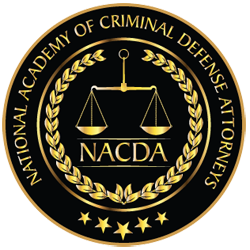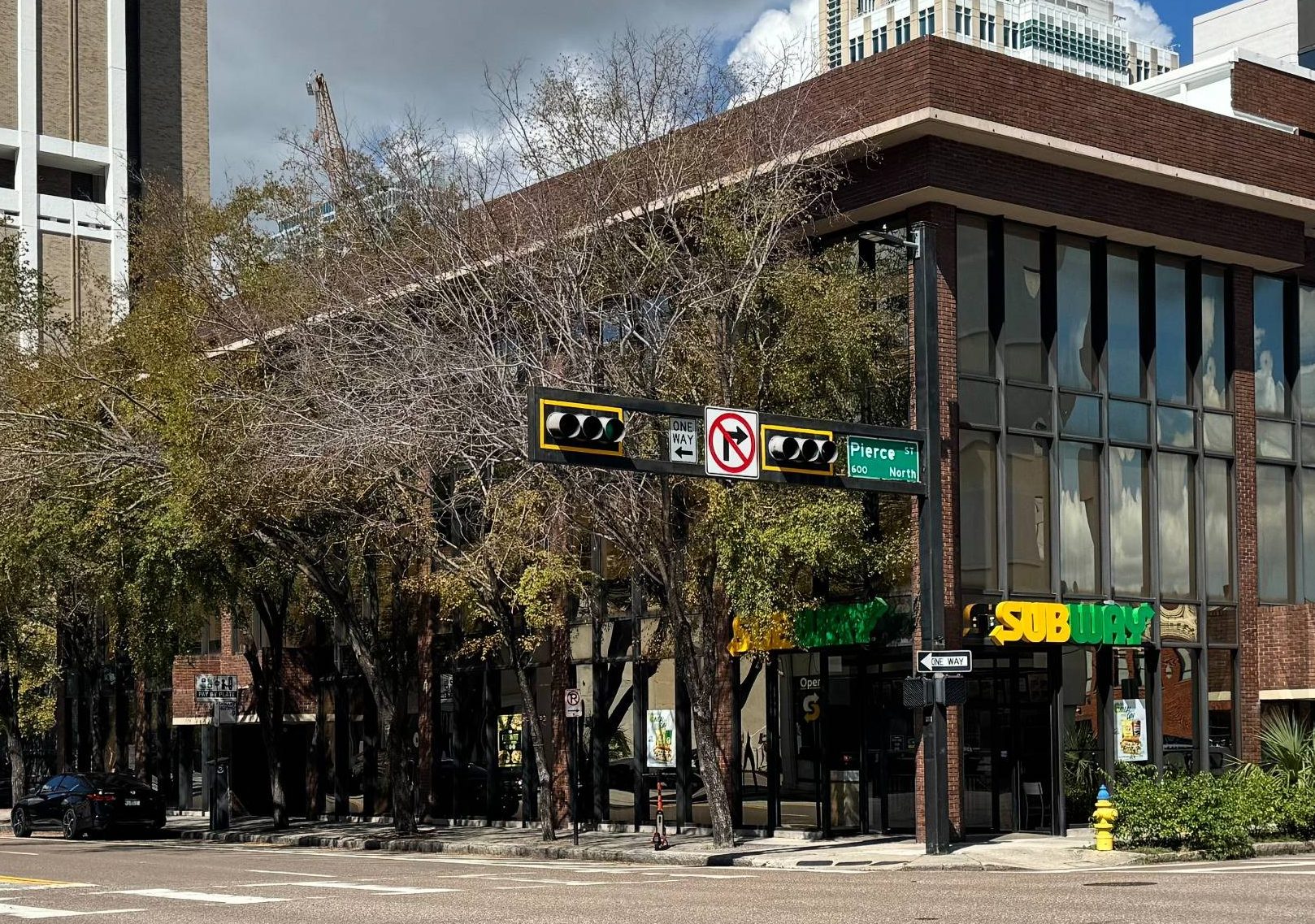- Free Consultation 24/7: (813) 727-7159 Tap Here To Call Us
Tampa Attorney for Violation of Probation

Facing a probation violation can be overwhelming, but you are not without options. Florida law provides several defenses to fight probation revocation, and understanding these legal strategies can make a critical difference in your case. This post will discuss defenses to violation of probation. Click the link to learn more about the violation of probation process in Hillsborough County. At The Brancato Law Firm, P.A., led by Tampa attorney Rocky Brancato, we use our 25+ years of experience to challenge probation violations and protect our clients’ rights.
Jurisdictional Defenses: When the Court Loses Authority
A key defense in probation violation cases is jurisdiction. If your probation term ends before an affidavit of violation is filed, the court no longer has authority to revoke your probation. Courts have consistently upheld this rule:
- Expired Probation Before Charges: If an affidavit of violation is filed after your probation expires, the court lacks jurisdiction. Rodriguez v. State, 511 So. 2d 444 (Fla. 2d DCA 1987); Davis v. State, 623 So. 2d 579 (Fla. 3d DCA 1993).
- Late Affidavit Filing: Even if new criminal charges arise before probation ends, the probation cannot be revoked unless the affidavit of violation is filed before expiration. Minninger v. State, 517 So. 2d 758 (Fla. 2d DCA 1987).
Timeliness of the Revocation Process
For a court to have jurisdiction over a probation violation, both an affidavit of violation and an arrest warrant must be filed before probation ends. Filing the affidavit alone is not enough to extend probation. Sepulveda v. State, 909 So. 2d 568 (Fla. 2d DCA 2005). The filing an affidavit tolls (pauses) the probation period, allowing the court to maintain jurisdiction. Harper v. State, 955 So. 2d 617 (Fla. 5th DCA 2007).
A criminal report affidavit can serve as an affidavit of violation if it includes sufficient factual details. Technical deficiencies in an affidavit can also be corrected. Chadwick v. State, 118 So. 3d 827 (Fla. 2d DCA 2012).
Inability to Pay as a Defense
Your probation cannot be revoked simply because you cannot afford to pay fines, restitution, or child support. The prosecution must prove you willfully refused to pay:
- State’s Burden of Proof: The state must first prove you had the financial ability to pay but chose not to. De Valle v. State, 80 So. 3d 999 (Fla. 2011).
- Financial Hardship: Courts recognize valid defenses such as medical conditions preventing employment. Gomez v. State, 724 So. 2d 1205 (Fla. 2d DCA 1998) and caregiving responsibilities. Skipper v. State, 189 So. 3d 269 (Fla. 2d DCA 2016).
Challenging Standard and Special Conditions of Probation
Under Florida law, standard probation conditions do not require oral pronouncement by the sentencing judge. Fla. Statutes, 948.03. However, special conditions—such as alcohol restrictions—must either be included in the statute or explicitly stated by the judge. If not, probation revocation may be improper. Cole v. State, 932 So. 2d 1123 (Fla. 4th DCA 2006); Hutchinson v. State, 428 So. 2d 739 (Fla. 2d DCA 1983).
Courts have struck down special probation conditions that were not orally pronounced. Powell v. State, 681 So. 2d 722 (Fla. 2d DCA 1996); Holmes v. State, 866 So. 2d 144 (Fla. 1st DCA 2004).
Lack of Proper Notice
You cannot be penalized for failing to follow a probation condition if you were not properly informed of it. The state has the burden of proof:
- Failure to Inform: If there is no evidence that you were told to report to probation, revocation is improper. Crume v. State, 703 So. 2d 1216 (Fla. 5th DCA 1997).
- Lack of Evidence of a Condition: The state must present competent evidence—hearsay alone is not enough. Barnes v. State, 739 So. 2d 1181 (Fla. 1st DCA 1999).
Youthful Offender Probation Violations
If sentenced under Florida’s Youthful Offender (YO) statute, you benefit from sentencing limitations. However, committing a new crime while on probation can remove those protections:
- Sentence Cap: A youthful offender can receive no more than six years for a technical violation. Dunbar v. State, 664 So. 2d 1093 (Fla. 2d DCA 1995).
- New Criminal Charges: If convicted of a new crime while on probation, the court may impose the maximum sentence for the original offense. Christian v. State, 84 So. 3d 437 (Fla. 5th DCA 2012).
Probation Violations and New Criminal Charges
A new arrest alone does not justify revoking probation—the state must prove the alleged crime by a preponderance of the evidence. Contreras v. State, 274 So. 3d 532 (Fla. 2d DCA 2019); Reyes v. State, 711 So. 2d 1378 (Fla. 2d DCA 1998). Even if acquitted of new charges, probation may still be revoked if the preponderance standard is met. Bones v. State, 764 So. 2d 888 (Fla. 4th DCA 2000).
Willfulness and Substantiality of the Violation
The state must prove the violation was both willful and substantial:
- Not Willful: If the violation was beyond your control, revocation is improper. Soto v. State, 727 So. 2d 1044 (Fla. 2d DCA 1999).
- Not Substantial: A minor or technical violation should not lead to revocation. Brown v. State, 86 So. d 1125 (Fla. 2d DCA 2012).
Hearsay and the Exclusionary Rule in Violation Hearings
Certain types of evidence may not be used against you in a probation hearing:
- Improper Hearsay: A probation officer’s testimony alone is not enough to prove a violation unless supported by properly admitted records. Johnson v. State, 691 So. 2d 43 (Fla. 2d DCA 1997).
- Unlawful Searches: Evidence obtained through illegal searches cannot be used in probation revocation hearings. State v. Scarlett, 800 So. 2d 220 (Fla. 2001).
Get an Experienced Tampa Probation Violation Attorney on Your Side
If you or a loved one is facing a probation violation in Hillsborough County, you need an aggressive and experienced legal advocate. Rocky Brancato and The Brancato Law Firm, P.A. have successfully defended probation violation cases throughout Tampa Bay. Call us today at (813) 727-7159 for a consultation.
Frequently Asked Questions About Probation Violations in Tampa
What happens if my probation ends before the violation is filed?
If your probation expires before the affidavit of violation is filed, the court loses jurisdiction. This means the judge no longer has authority to revoke your probation. Florida courts have consistently enforced this rule in cases where the affidavit was filed too late.
Does a new arrest automatically violate my probation?
A new arrest alone does not violate probation. The state must still prove the new offense by a preponderance of the evidence. Even without a conviction, the court must evaluate the actual evidence, not the arrest itself.
Does the probation period stop once an affidavit is filed?
Yes. Filing an affidavit of violation tolls the probation period. This pauses the expiration date and allows the court to keep jurisdiction. However, both an affidavit and a warrant must be issued before probation ends.
Can my probation be revoked if I miss payments because I cannot afford them?
No. Your probation cannot be revoked for missed payments if you lack the financial ability to pay. The state must prove you were able to pay and chose not to. Medical issues, unemployment, or caregiving responsibilities may support an inability-to-pay defense.
Do special conditions of probation need to be announced in court?
Yes. Special conditions must be orally pronounced by the judge or authorized by statute. If they are not, the court cannot revoke probation based on those conditions. Standard conditions do not require pronouncement, but special restrictions do.
Can my probation be revoked if I was never told about a condition?
No. The state must prove you were properly notified of every condition. If the record does not show that probation explained a requirement, revocation is improper. You cannot violate a rule you were never told about.
What if I am a youthful offender facing a probation violation?
Youthful offenders have special protections. Technical violations cannot result in more than six years of total sanctions. However, if you commit a new crime while on youthful offender probation, the judge may impose the full statutory maximum for the original charge.
Does the court need strong evidence to revoke probation?
Yes. The state must prove a willful and substantial violation. If the violation was accidental, unavoidable, or minor, the court should not revoke probation. The burden is always on the state.
Can hearsay be used against me in a probation hearing?
Hearsay cannot be the sole basis for revoking probation. The state must present reliable, admissible evidence. A probation officer’s testimony must be supported by proper records or witnesses.
Can illegally obtained evidence be used in a probation violation hearing?
No. Evidence seized in violation of the Fourth Amendment cannot be used to revoke probation. Courts exclude unlawfully obtained evidence even in probation hearings.
Why should I hire an attorney for a probation violation?
Probation violations move fast and carry serious consequences. An experienced attorney can identify jurisdictional defects, challenge the evidence, and argue that the alleged violation was not willful or substantial. Skilled representation can protect your freedom and prevent unnecessary penalties.

















